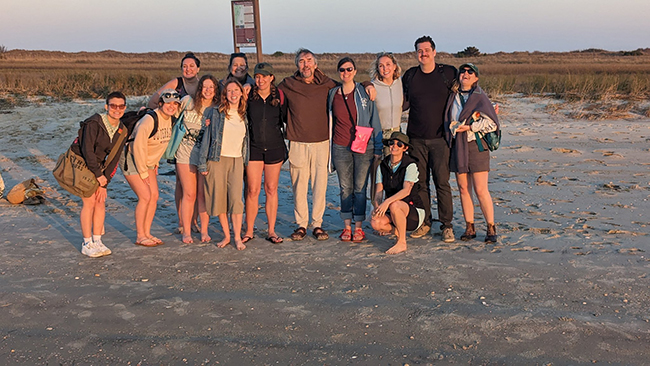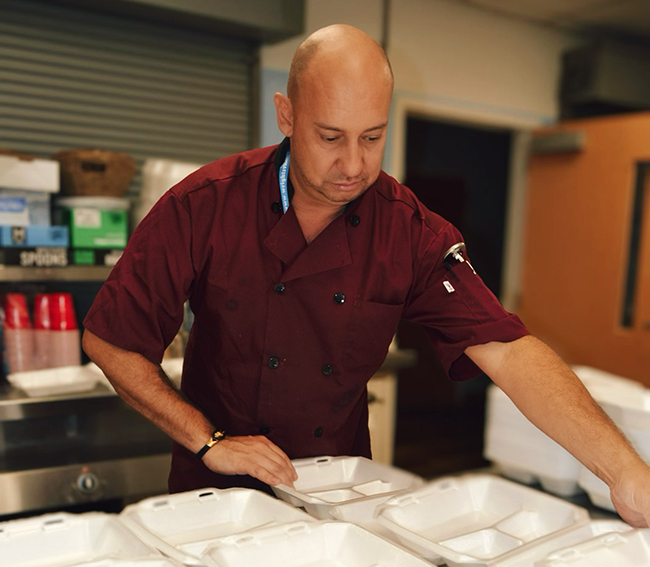Bully Platform
01 Oct 2013
Technology has its uses, but as we discover can also make it easier for cruel kids to go beyond mean
By KATHY PETTIT

Whether in person or online, bullies can damage your child's self-confidence and more. This problem may be worse than in years past, simply because there are so many remote ways to bully children. You don't have to get up close and personal to devastate a child's reputation in seconds. Facebook, Twitter, Email, texting — students so inclined, it's much easier to harass without being face to face. And, like the feathers in the move Forest Gump, it's impossible to keep the damage contained. So what's a concerned parent, neighbor, or family friend to do?
First, understand that this is a problem that includes bullies, the bullied and the bystanders who are often unwilling to get involved. (Interesting point: when bystanders don't speak up, the bullies often feel encouraged and accepted by that silent majority.)
New Hanover's schools have policies on dealing with bullies, and North Carolina has laws against bullying. Talk with the school, his teacher, her coach. Get different perspectives that relate to your child. Everyone who works with children is concerned about the issue, as seen in the large numbers of websites devoted to bullying. Great advice for parents and teachers can be found online, with a variety of ways to educate and build self-esteem.
First identify the problem. We've all seen the signs. A child doesn't want to attend school, or ride the bus, or go to a special event. He won't tell you why, or she makes vague excuses, perhaps due to fear or feelings of shame that this happened at all. Helping them with their social skills will help provide armor against an attack. Conversely, teaching your child not to tease others will help stop bullying at its earliest stages. Easy? Absolutely not. You're the adult, though — you've seen it all before. And if, as many experts suggest, the act of bullying is more about power than harmless fun, it's critical that you stay involved and alert.
Advising students to be slow to anger is important, says school psychologists, educators and parents who've been there. Making sure programs are well-supervised will help. Listening, watching and encouraging communication is key.
Here are some websites, in addition to your local school's site, that will give you food for thought, even as you shudder at what's been done to children by other children: Committee for Children—cfchildren.org; keepkidshealthy.com; backoffbully.com; bullyfreekids.com.
Make time to listen, take time to talk—bullying
Research has found that remarkable things can happen if parents and caregivers spent at least 15 minutes of undivided time a day listening and talking with their children. Starting a conversation with children begins when parents listen to their children about what's important in their lives. Research also tells us that children really do look to their parents and caregivers for advice and help about difficult choices and decisions.
What can parents of young children do about school bullying?
Parents are their children's first teachers. Therefore, parents' words and actions at home will be imitated by their children in other settings. The most important opportunity that parents have is to speak and act in a respectful way, and to solve problems fairly and peacefully. Being a positive role model means teaching children respect and peaceable behaviors by example.














